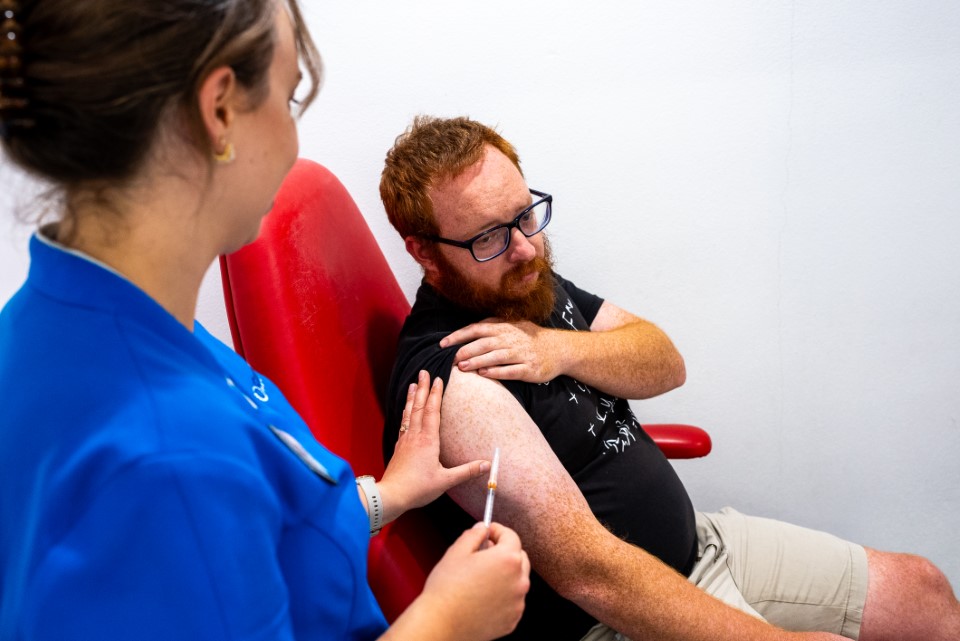The best clinical guidance
The Australian Immunisation Handbook (AIH) is the primary source of up-to-date clinical guidance for health professionals on the safest and effective use of vaccines.
Developed by the Australian Advisory Group on Immunisation (ATAGI), it contains to-date all information on all vaccines available in Australia.
If you are a vaccinating pharmacist, it is a requirement to administer vaccines in according with the AIH. Staying informed about the latest recommendations and updates is one of the most effective ways you can ensure safe care and optimal protection for your patients.
Some recent updates include:
Immunocompromised patients
- There is a new chapter on managing vaccinations for patients with immunocompromise.
- It contains greater clarity on definitions of immunocompromise with a new categorisation based on severity across various types of conditions.
- It classifies compromise as mild, moderate, or severe, based on underlying medical conditions and therapies, with several tables to guide immunisers in determining the overall level of a patient’s immunocompromise.
- For more information on the new guidelines and managing patients with immunocompromising conditions, we recommend checking out the National Centre for Immunisation Research and Surveillance (NCIRS) resources here: Vaccination for people with immunocompromise – NCIRS.
Respiratory Syncytial Virus
Australia comes out of its peak Respiratory Syncytial Virus or RSV season usually between the months of June and July. At the time of writing, to support providers in reducing Australia’s respiratory disease burden, a number of changes have been recently made :
- Adults aged 50-59 can now choose to receive the RSV vaccine Arexvy®, if they have a medical condition which increases the risk of severe outcomes from RSV infection, in addition to other adults already urged to receive the vaccine.
- A minor clarifying change has been made, the maternal RSV vaccine Abrysvo is now recommended for pregnant women from 28 weeks gestation (rather than from 28 to 36 weeks).
Vaccine administration errors and the latest RSV reports from ATAGI
For most RSV products administered, no adverse events were reported. However, product administration errors have been common.
- ATAGI has strongly recommended providers adopt several measures to reduce the risk of errors, including:
- Differentiating between age-appropriate vaccine products with separate, labelled storage areas.
- Educating and training staff about the differences between products.
- Following clinical recommendations by checking the correct product, person, time, and patient eligibility (including whether the vaccine is available under the NIP schedule and NIPVIP-funding).
ATAGI has also emphasised where an error does occur, it must be reported as an adverse event, in line with state and territory procedures.
Have a question you’d like answered or a topic you’d like us to explore? We’d love to hear from you.
Email us at vaccinations@guild.org.au











